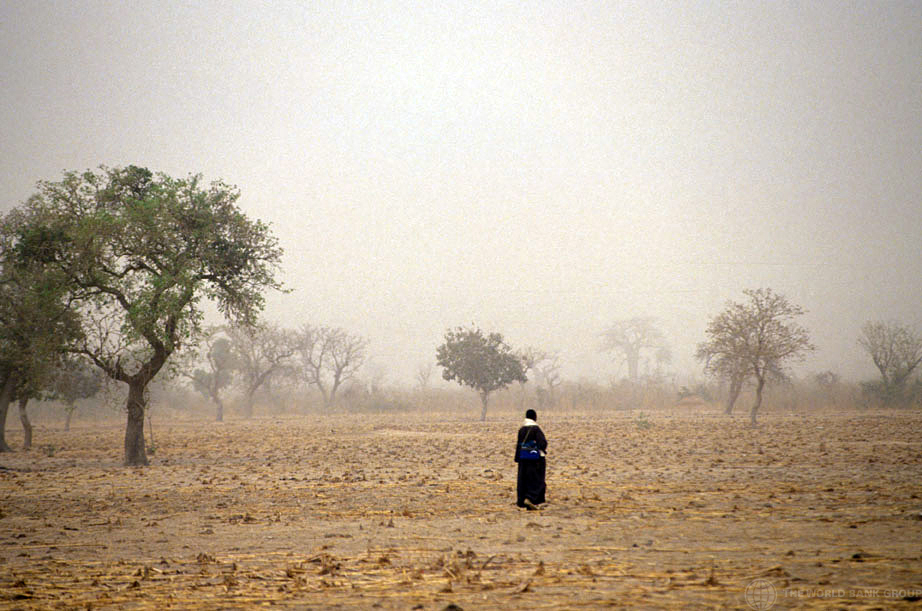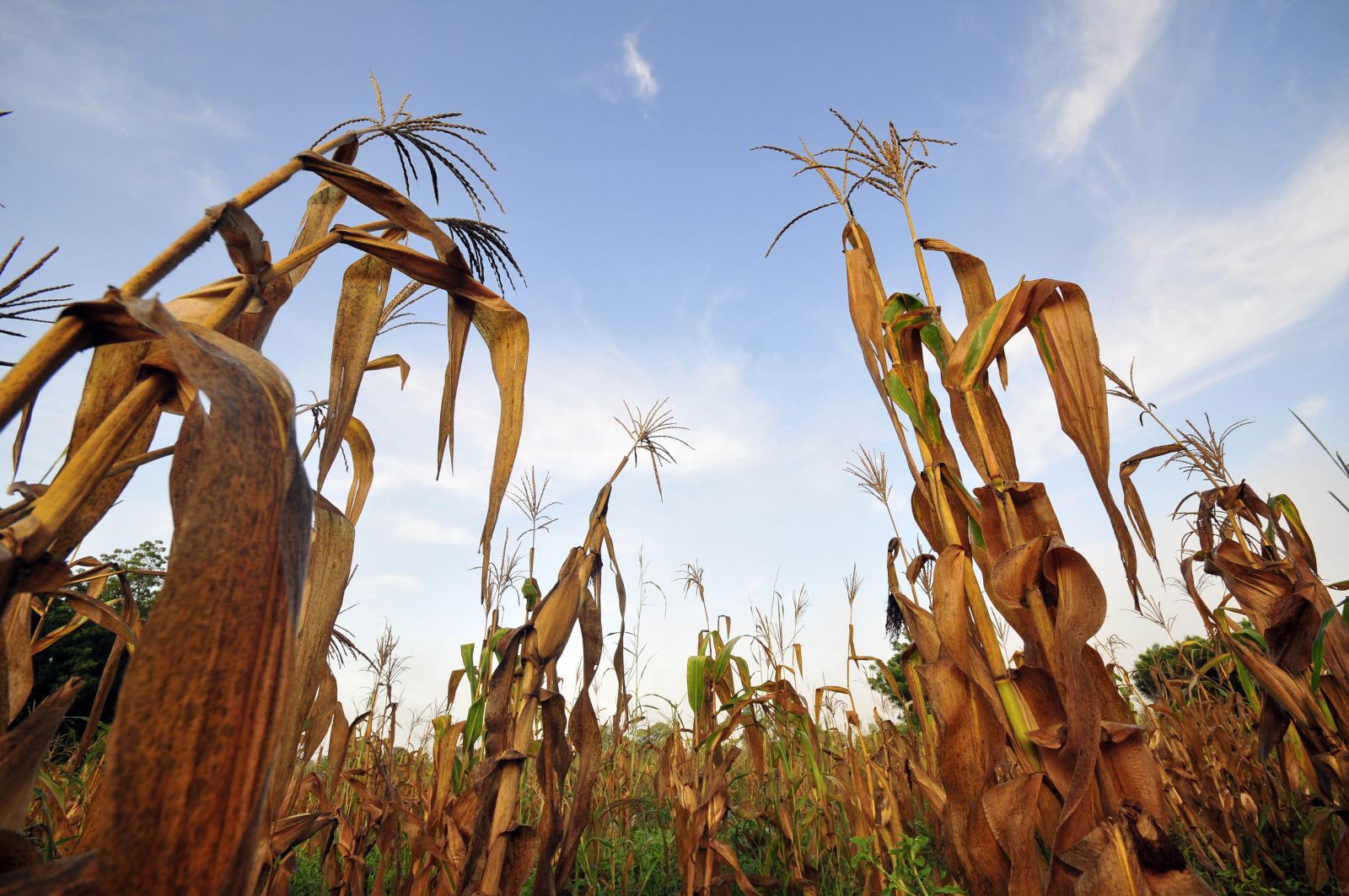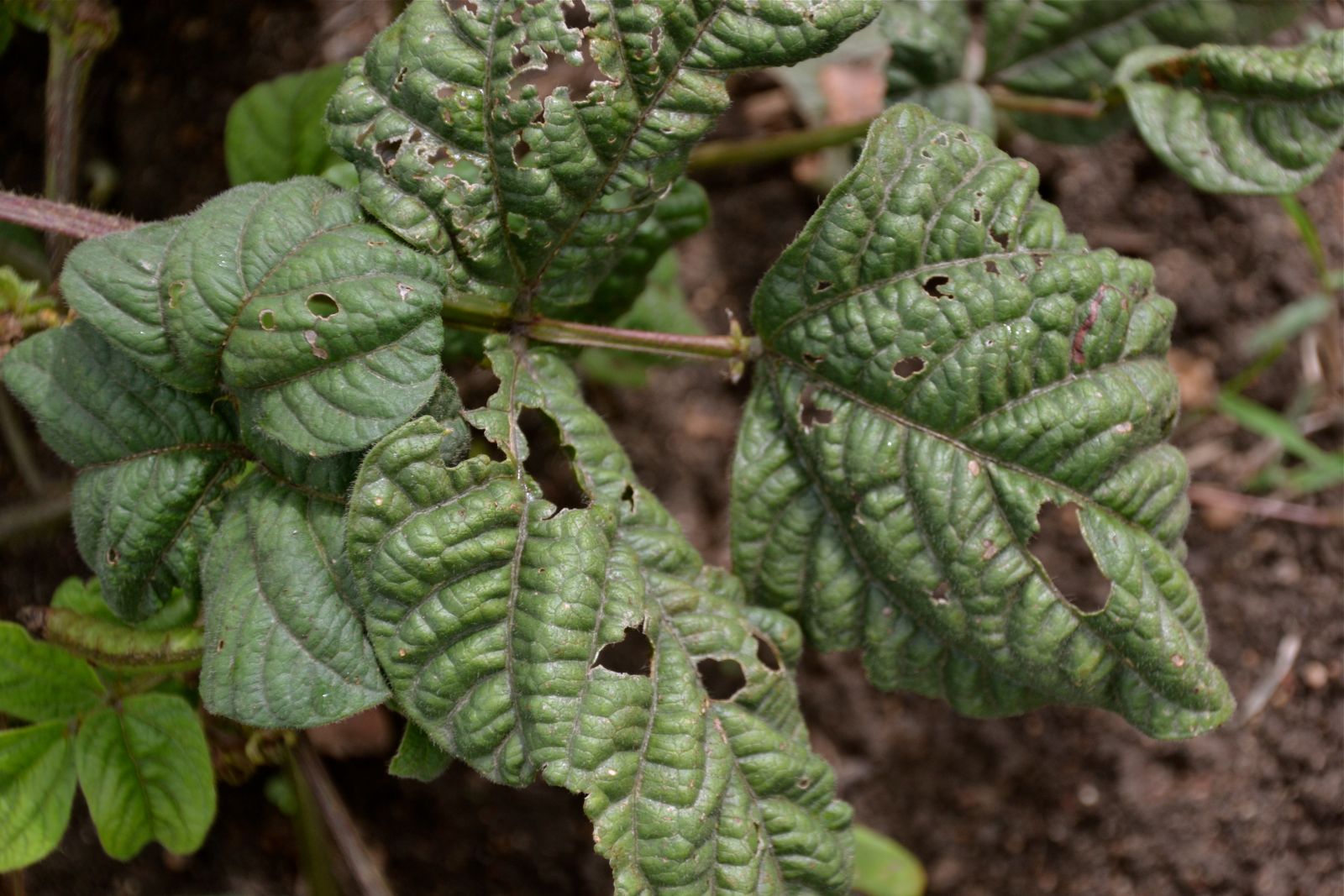Luke’s Gospel focuses on how Jesus views justice:
- Pray that our hearts be in right relationship
- Embrace the “scum” of Earth
- Put the needs of those in poverty FIRST

|
Luke
|
|
|
|
Of
the four Evangelists, Luke wrote the best Greek and, unlike the other three,
was almost certainly a Greek-speaking Gentile himself, who put his Gospel
together for a Gentile audience, translating Jewish names and explaining
Jewish customs when he thought they wouldn't be understood if he didn't. In
his Letter to the Colossians, Paul refers to somebody as "Luke the
beloved physician," and without stretching things too far, you could
point to three blocks of material in Luke's Gospel, omitted from the others,
that might suggest that he was the same man.
First
of all, there's the parable of the Prodigal Son, the account of the whore who
washed Jesus' feet and dried them with her hair, and the scrap of
conversation Jesus had with one of the two crooks who was crucified with him.
Smelling
of pig and cheap gin, the Prodigal comes home bleary-eyed and dead broke, but
his father's so glad to see him anyway that he almost falls on his face.
Jesus tells Simon the blue-nosed Pharisee that the whore's sins are forgiven
her because, even painted up like a cigar-store Indian and smelling like the
perfume counter at the five-and-dime, she's got more in her of what the
gospel of love is all about than the whole Ladies' Missionary Society laid
end to end. The thief Jesus talked to on the cross may have been a purse
snatcher and second-story man from way back, but when he asked Jesus to
remember him when he made it to where he was going, Jesus told him he'd make
sure they got rooms on the same floor. Different as they all are in some
ways, it's not hard to see that they all make the same general point, which
is that, though he could give them hell when he felt like it, Jesus had such
a soft spot in his heart for the scum of the earth that you would have almost
thought he considered them the salt of the earth the way he sometimes treated
them.
Second,
Luke is the one who goes out of his way to make it clear how big Jesus was on
praying. He prayed when he was baptized and after he healed the leper and the
night before he called the twelve disciples, and Luke was the only one to
mention these together with a few others like them and also was the only one
to say that the last words Jesus ever spoke were the prayer, "Father,
into thy hand I commend my spirit." It's also thanks to Luke that
there's a record of the jokes Jesus told about the man who kept knocking at
his friend's door till he finally got out of bed to open it and the widow who
kept bugging the crooked judge till he finally heard her case just to get a
little peace, the point of both of which seems to be that if you don't think
God has heard you the first time, don't give up till you're hoarse. Luke
wanted that to be remembered too.
Third
and last, Luke makes sure that nobody misses the point that Jesus was always
stewing about the terrible needs of poor people. He is the one who tells us
that when Jesus preached at Nazareth, his text was "he has appointed me
to preach good news to the poor" from Isaiah (Luke 4:18), and whereas
Matthew says that the first Beatitude was "Blessed are the poor in
spirit," according to Luke it was just plain "Blessed are the
poor" period (Luke 6:20). He also recorded some parables, like the one
about the rich man and the beggar, that come right out and say that if the
haves don't do their share to help the have-nots, they better watch out, and
he's the only one to quote the song Mary sang that includes the words
"he has filled the hungry with good things, and the rich has sent empty
away" (Luke 1:53).
To
put it in a nutshell, by playing all these things up Luke shows he was a man
who believed that you shouldn't let the fact that a person is jailbait keep
you from treating that person like a human being, and that if you pray hard
enough, there's no telling what may happen, and that if you think you've got
heaven made but don't let it worry you that there are children across the
tracks who are half starving to death, then you're kidding yourself. These
characteristics may not prove that he was a doctor, like the Luke in Paul's
Letter, but if he wasn't, it was a serious loss to the medical profession.
~originally
published in Peculiar Treasures and later in Beyond Words
|





